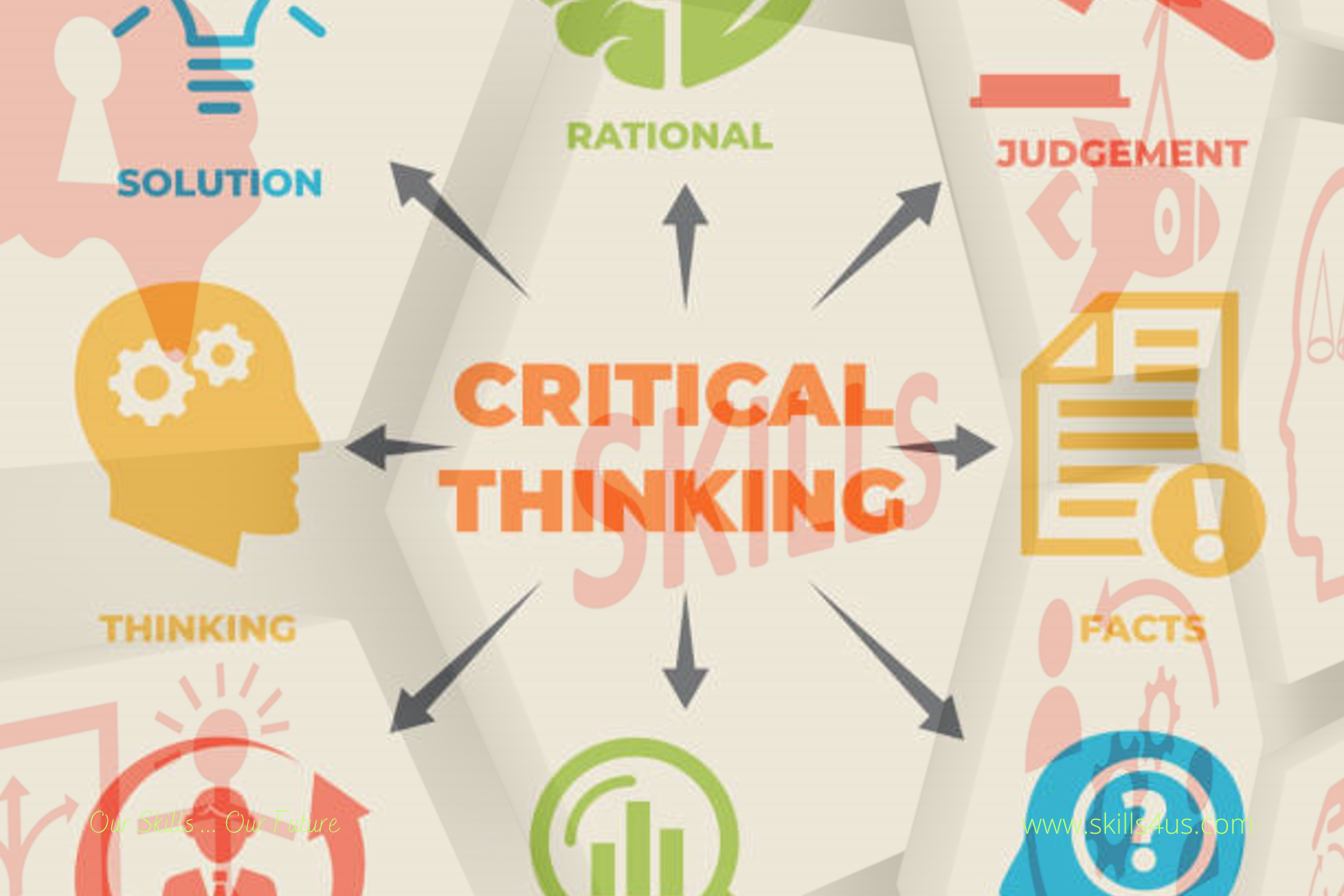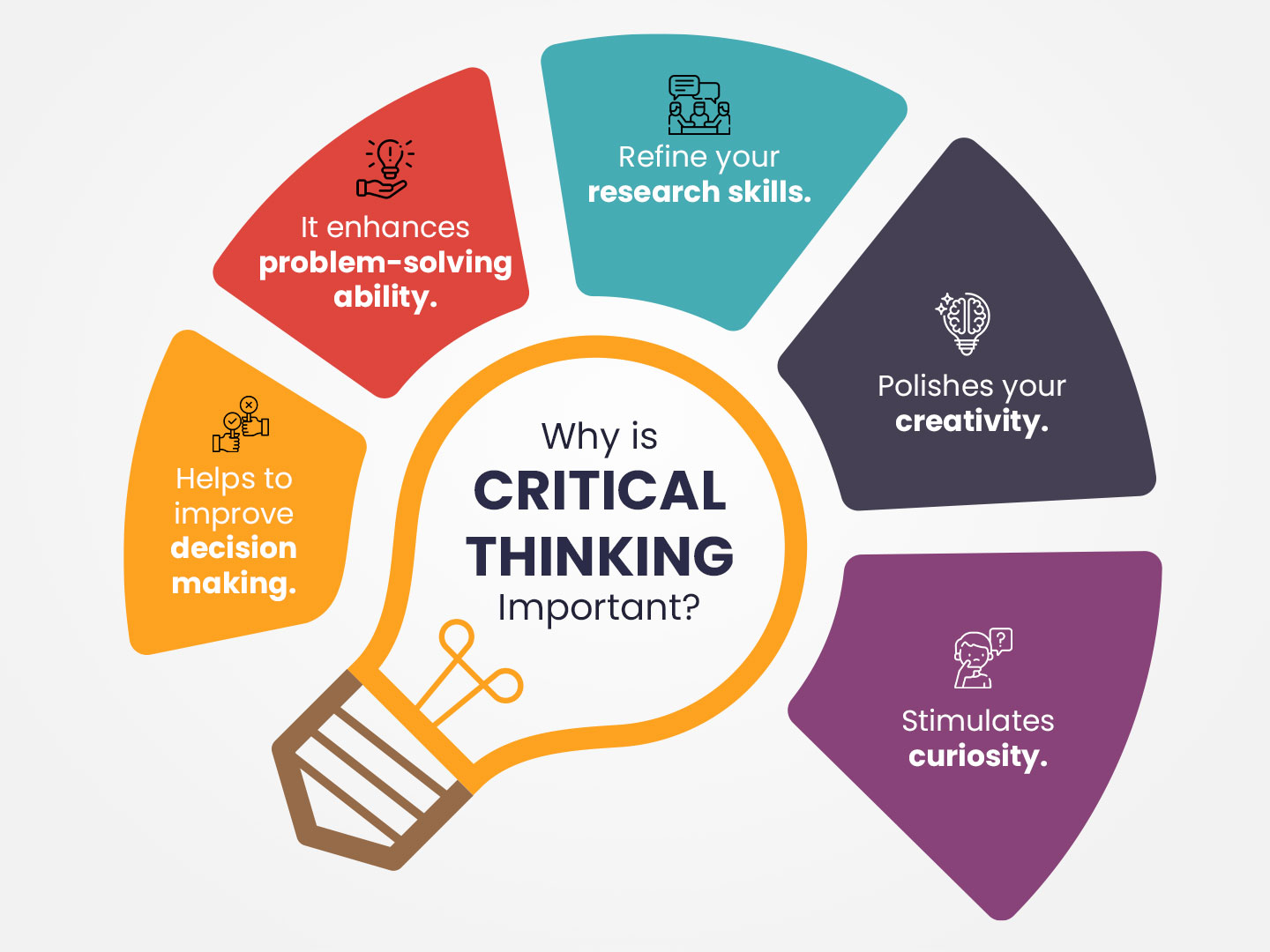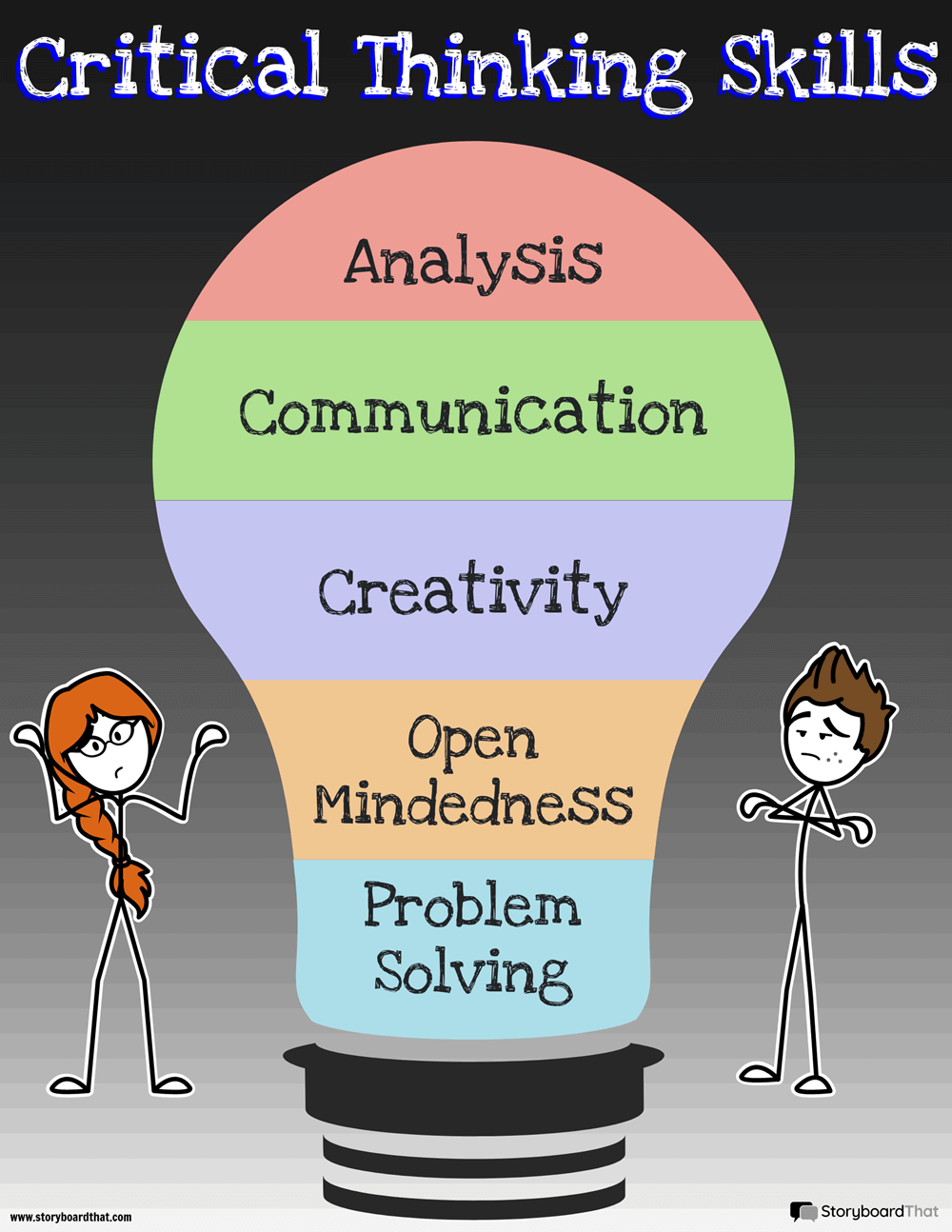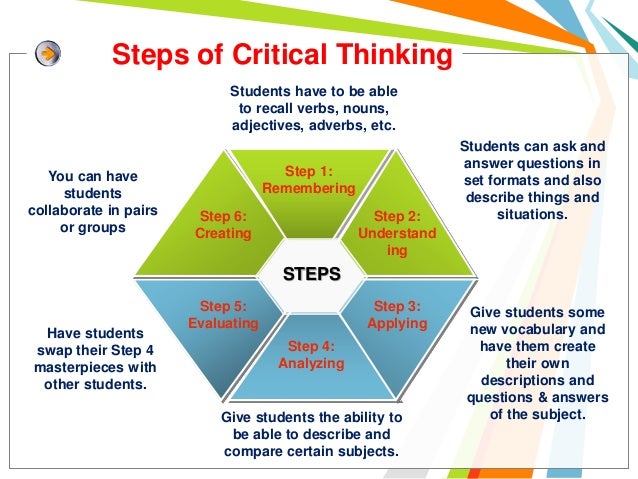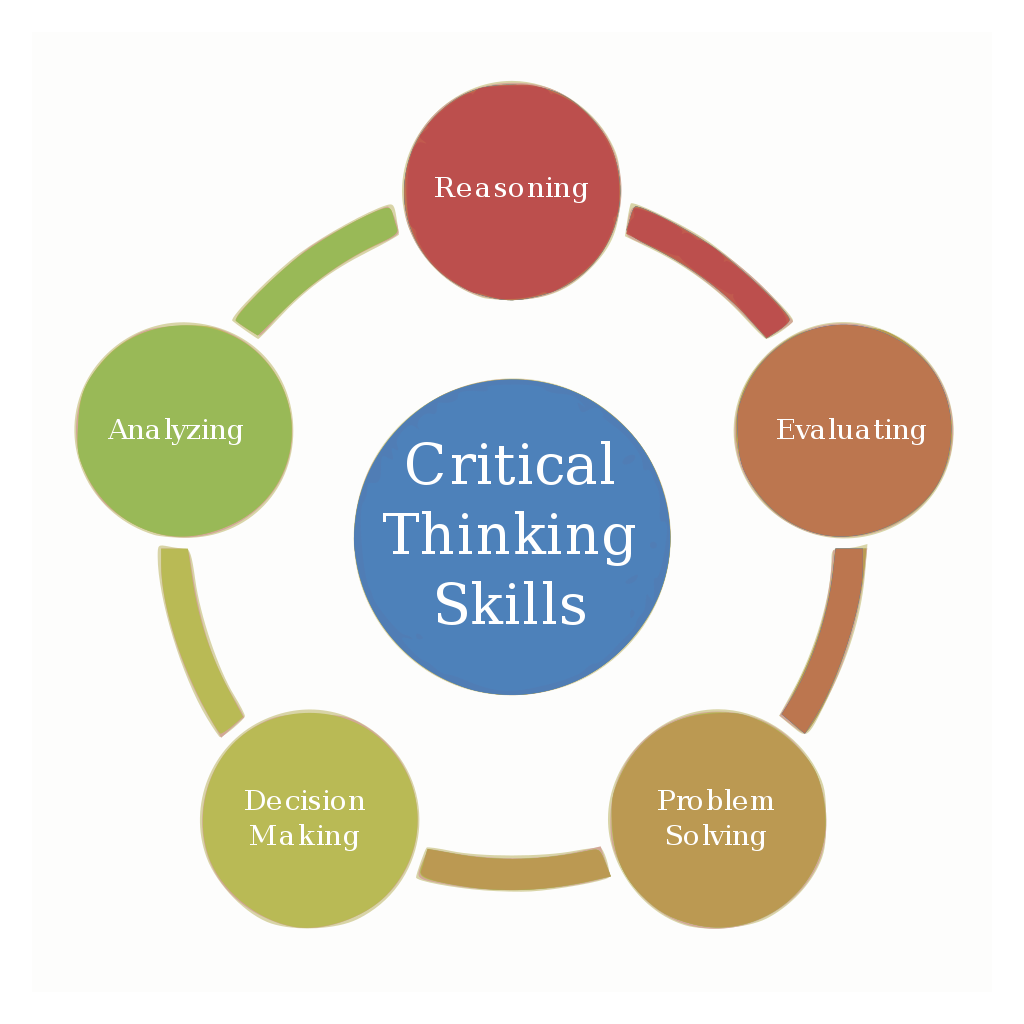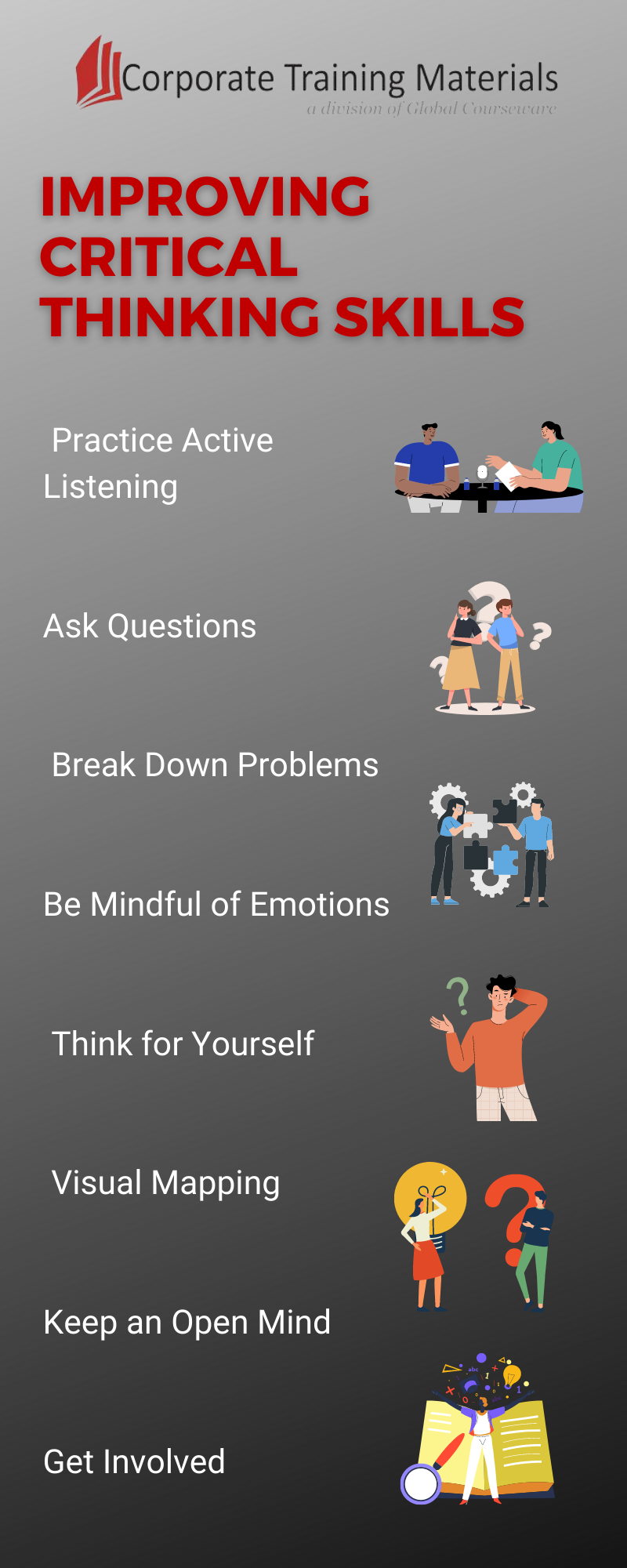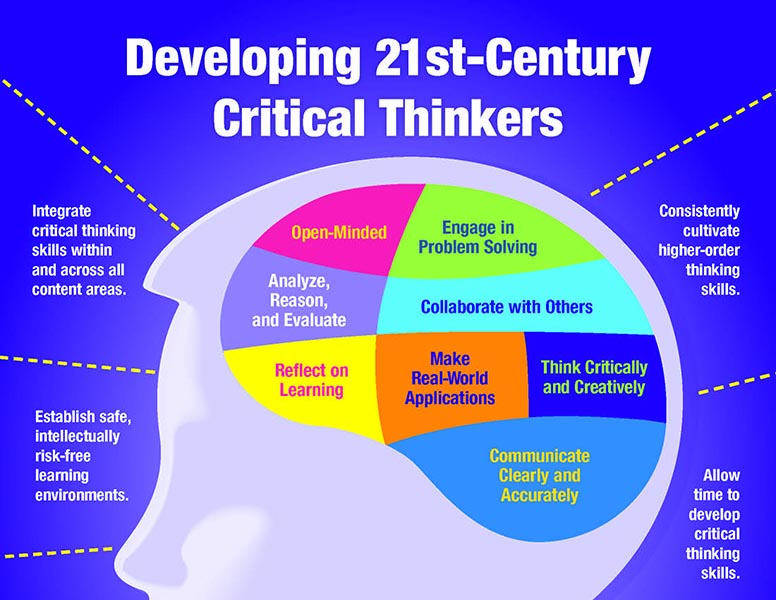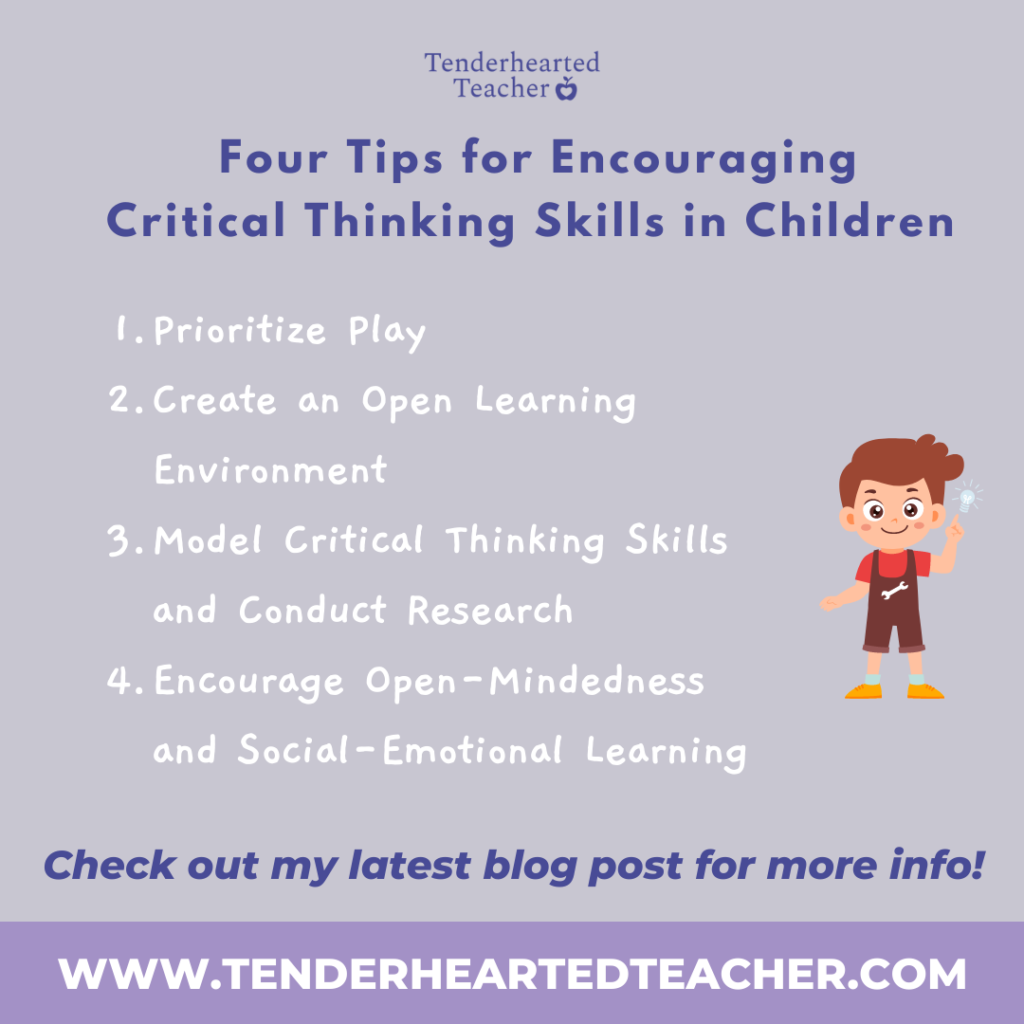How To Use Critical Thinking Skills
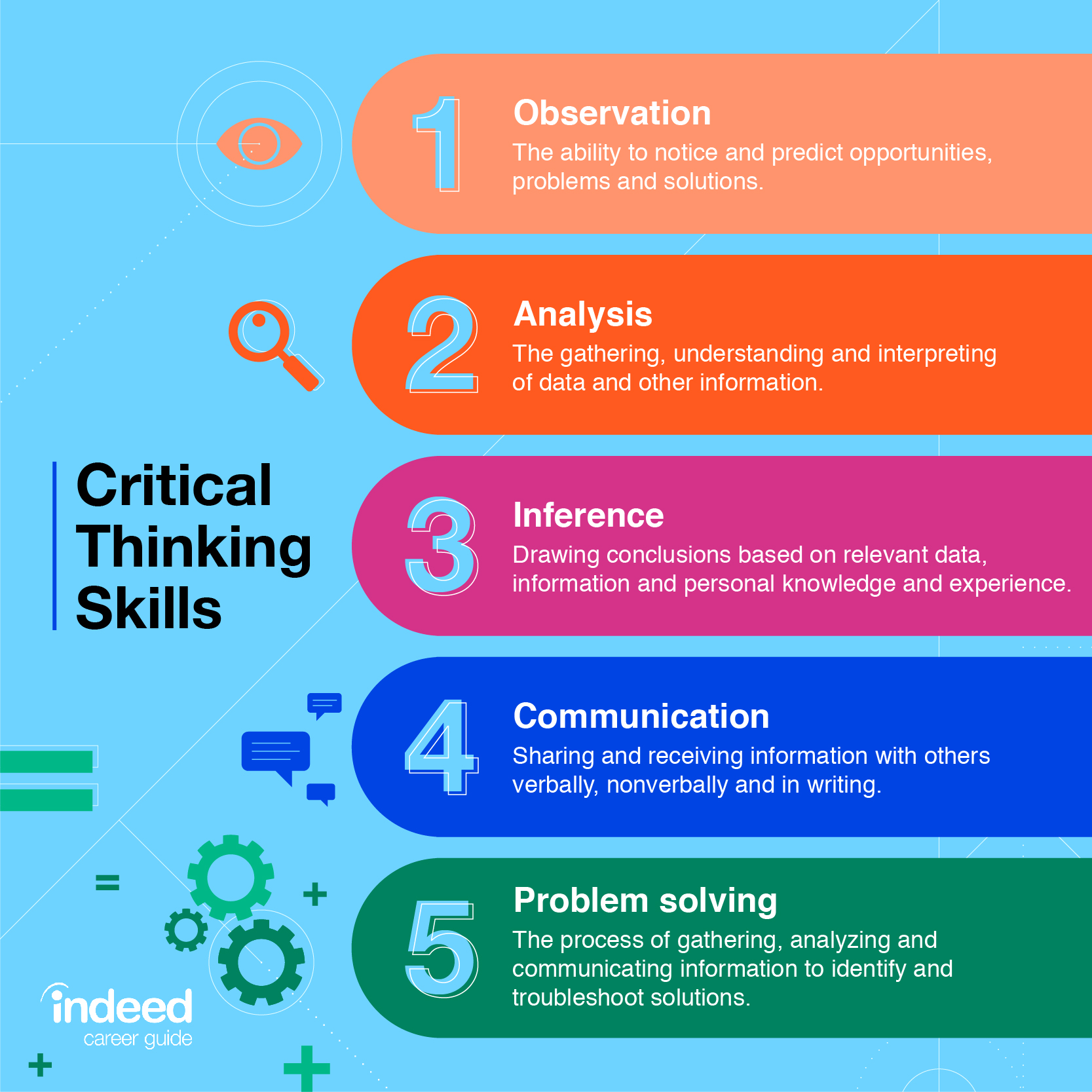
In an era defined by information overload and rapidly evolving challenges, mastering critical thinking is no longer optional, it's essential. Learn how to cut through the noise and make informed decisions.
Critical thinking, the ability to analyze information objectively and form reasoned judgments, is a skill vital for navigating today's complex world. This guide provides actionable steps to enhance your critical thinking prowess.
Understanding the Foundation
Critical thinking involves questioning assumptions, evaluating evidence, and considering different perspectives. It’s not about criticizing everything, but about understanding why you believe what you believe.
"The essence of the independent mind lies not in what it thinks, but in how it thinks," as Christopher Hitchens eloquently put it.
Step-by-Step Guide to Enhance Critical Thinking
1. Question Everything
Never accept information at face value. Ask who created it, what their biases might be, and why they are presenting it.
Consider the source: Is it credible? Is it objective? What evidence supports the claims?
2. Identify Your Own Biases
Everyone has biases, conscious or unconscious. Recognizing these biases is the first step to overcoming them and evaluating information objectively.
Actively seek out perspectives that challenge your own beliefs. Understand where your opinions originate.
3. Analyze Information Logically
Break down complex information into smaller, manageable parts. Identify the key arguments and evidence being presented.
Look for logical fallacies, such as ad hominem attacks or straw man arguments. Assess the strength of the evidence supporting each claim.
4. Consider Different Perspectives
Actively seek out viewpoints that differ from your own. Try to understand the reasoning behind these alternative perspectives.
This doesn't mean you have to agree, but it helps you to understand the issue more completely. Embrace intellectual humility.
5. Formulate Your Own Conclusions
Based on your analysis, form your own well-reasoned conclusions. Be prepared to revise your conclusions as new information becomes available.
Ensure your conclusions are supported by evidence and free from logical fallacies. Develop clear and concise arguments.
Resources for Further Development
Numerous online courses and books can help you hone your critical thinking skills. Look for resources that provide practical exercises and real-world examples.
The Foundation for Critical Thinking (criticalthinking.org) offers extensive resources and training programs. Universities often provide courses on logic and critical reasoning.
Ongoing Development
Critical thinking is a lifelong skill that requires continuous practice. Challenge yourself to analyze information critically every day.
Engage in discussions with others who hold different viewpoints. Remain open to new ideas and be willing to change your mind when presented with compelling evidence.
